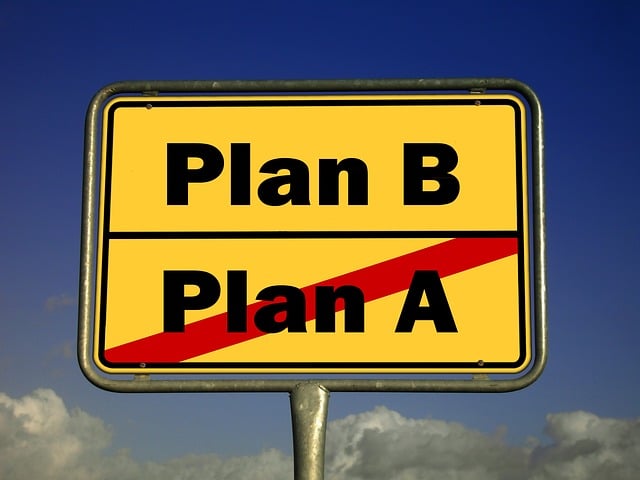TL;DR:
Event planning for local businesses thrives on understanding the region's unique business dynamics and needs. By researching industry trends, demographic data, and past event feedback, planners create tailored events that drive engagement and growth. Collaborating with relevant associations and networking groups offers valuable insights, resources, and a supportive network, facilitating knowledge sharing and stronger community connections. This strategic approach enhances event success, fosters collaboration among small business owners, and promotes long-term local business growth.
“Elevate your local business with strategic event planning! This comprehensive guide, ‘Event Planning for Local Businesses’, equips entrepreneurs with the tools to thrive. From understanding your community’s unique needs to implementing interactive tactics, we’ll navigate you through every step. Learn how to identify target audiences, research local associations, and analyze competitors’ strategies. Then, craft a plan with clear goals, select the perfect event type, and create a budget. Finally, discover venue selection, targeted marketing, and engaging content creation for a memorable experience.”
- Understanding Your Local Business Community
- – Identifying target audience and their needs
- – Researching local business associations and networking groups
Understanding Your Local Business Community

Understanding your local business community is a fundamental step in successful event planning for local businesses. By engaging with fellow entrepreneurs, you gain insights into the unique needs, challenges, and opportunities specific to your area. This knowledge allows you to tailor events that foster meaningful connections, encourage collaboration, and drive growth among local business owners.
Event planning should go beyond mere organization; it’s about building a vibrant network. Local business events strategically planned can spark innovation, facilitate knowledge sharing, and create a supportive ecosystem. By understanding the dynamics of your community, you can design gatherings that not only meet immediate goals but also lay the foundation for long-term success in the world of local business.
– Identifying target audience and their needs

When planning event for local businesses, understanding your target audience is paramount. Event planners must identify the specific needs and interests of the business owners and their employees to create meaningful gatherings that drive engagement and growth. This involves delving into industry trends, demographic data, and feedback from past events. By tailoring experiences that resonate with attendees, organizers can foster a sense of community and establish lasting connections within the local business scene.
Effective event planning for local businesses starts with asking the right questions: What challenges does the target audience face? What solutions are they seeking? What makes their industry unique? Answering these queries allows planners to design events that offer valuable insights, networking opportunities, and memorable experiences. Ultimately, aligning event goals with the needs of the local business community ensures successful outcomes for all involved.
– Researching local business associations and networking groups

When planning event planning for local businesses, one of the first steps is to research and connect with relevant associations and networking groups in your area. These organizations often serve as a hub for like-minded professionals, providing an excellent platform for collaboration and knowledge sharing. By joining these communities, business owners can gain valuable insights into industry trends, discover potential partners, and access a network of support that can be instrumental in the success of their events.
Local business associations and networking groups offer a wealth of resources tailored to meet the specific needs of small businesses. They host regular meetings, workshops, and social gatherings that facilitate meaningful interactions and foster professional relationships. Through these connections, business owners can tap into a pool of expertise, learn from peers’ experiences, and even collaborate on joint initiatives. This collective approach enhances event planning efforts by ensuring better organization, cost-effectiveness, and increased participation within the local business community.
Strategic event planning is a powerful tool for local businesses to connect with their community, address specific needs, and foster meaningful relationships. By understanding your target audience and leveraging local business associations, you can create impactful events that drive growth and enhance the overall health of your local economy. Incorporating these techniques into Event Planning for Local Businesses ensures a vibrant and thriving business landscape.
